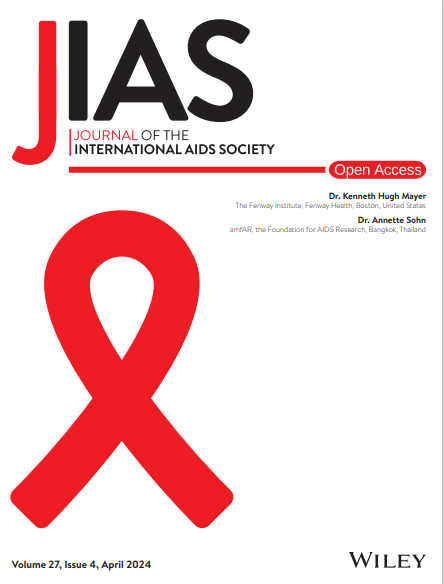Artificial intelligence for HIV care: a global systematic review of current studies and emerging trends
Abstract
Introduction
Artificial intelligence (AI) and, in particular, machine learning (ML) have emerged as transformative tools in HIV care, driving advancements in diagnostics, treatment monitoring and patient management. The present review aimed to systematically identify, map and synthesize studies on the use of AI methods across the HIV care continuum, including applications in HIV testing and linkage to care, treatment monitoring, retention in care, and management of clinical and immunological outcomes.
Methods
A comprehensive literature search was conducted across databases, including PubMed and ProQuest Central, Scopus and Web of Science, covering studies published between 2014 and 2024. The review followed PRISMA guidelines, screening 3185 records, of which 47 studies were included in the final analysis.
Results
Forty-seven studies were grouped into four thematic areas: (1) HIV testing, AI models improved diagnostic accuracy, with ML achieving up to 100% sensitivity and 98.8% specificity in self-testing and outperforming human interpretation of rapid tests; (2) Retention in care and virological response, ML predicted clinic attendance, viral suppression and virological failure (72–97% accuracy; area under the curve up to 0.76), enabling early identification of high-risk patients; (3) Clinical and immunological outcomes, AI predicted disease progression, immune recovery, comorbidities and HIV complications, achieving up to 97% CD4 status accuracy and outperforming clinicians in tuberculosis diagnosis; (4) Testing and treatment support, AI chatbots improved self-testing uptake, linkage to care and adherence support. Methods included random forests, neural networks, support vector machines, deep learning and many others.
Discussion
AI has the potential to transform HIV care by improving early diagnosis, treatment adherence and retention in care. However, challenges such as data quality, infrastructure limitations and ethical considerations must be addressed to ensure successful implementation.
Conclusions
AI has demonstrated immense potential to address gaps in HIV care, improving diagnostic accuracy, enhancing retention strategies and supporting effective treatment monitoring. These advancements contribute towards achieving the UNAIDS 95-95-95 targets. However, challenges such as data quality and integration into healthcare systems remain. Future research should prioritize scalable AI solutions tailored to high-burden, resource-limited settings to maximize their impact on global HIV care.
PROSPERO Number
PROSPERO 2024 CRD42024517798 Available from: https://www.crd.york.ac.uk/prospero/display_record.php?ID=CRD42024517798


 求助内容:
求助内容: 应助结果提醒方式:
应助结果提醒方式:


